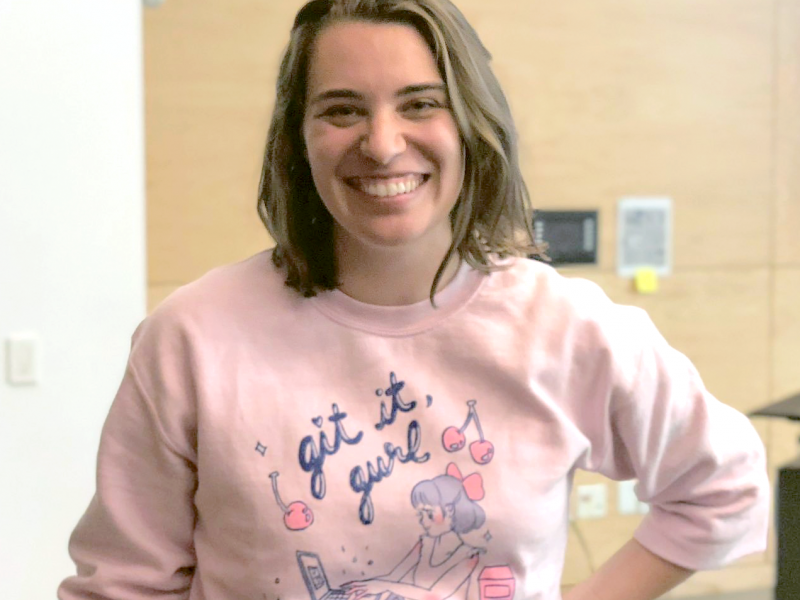Elizabeth is a PhD candidate in the Integrated Program in Neuroscience at McGill University where she works under the supervision of Dr. Jean-Baptiste Poline. Elizabeth’s dissertation work aims to improve our ability to make inter-subject comparisons by examining alignment methods based on brain function rather than structure. She works largely with naturalistic datasets where participants are engaged in tasks such as movie-watching, and she is actively involved in designing and promoting standards for the re-use of such complex datasets.
Modern neuroscience research generates significant amounts of code and data, but these research objects do not fit nicely into a PDF and so are often ignored. Even when made openly available, it can be difficult for researchers to directly link these to the results of a published paper; for example, it may be unclear which version of a dataset was used to generate a specific figure. With the support of CONP I am working on Jupyter Book, a software library to turn Jupyter notebooks — a digital notepad popular among scientists — into research objects that more closely resemble those seen in traditional journals. Importantly, code and data are embedded throughout the document, in the hopes that this format will allow scientists to more easily extend their colleagues’ work.

